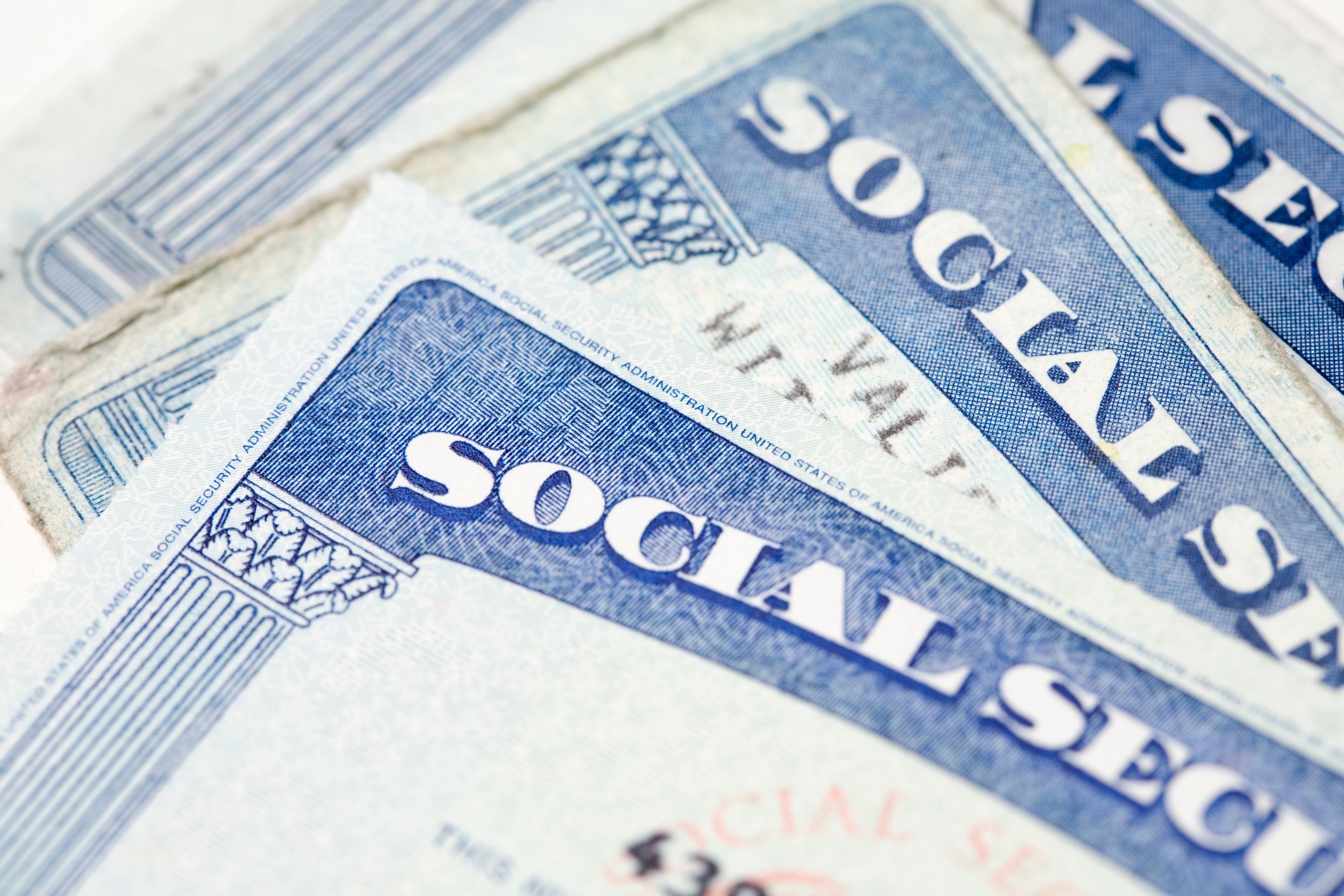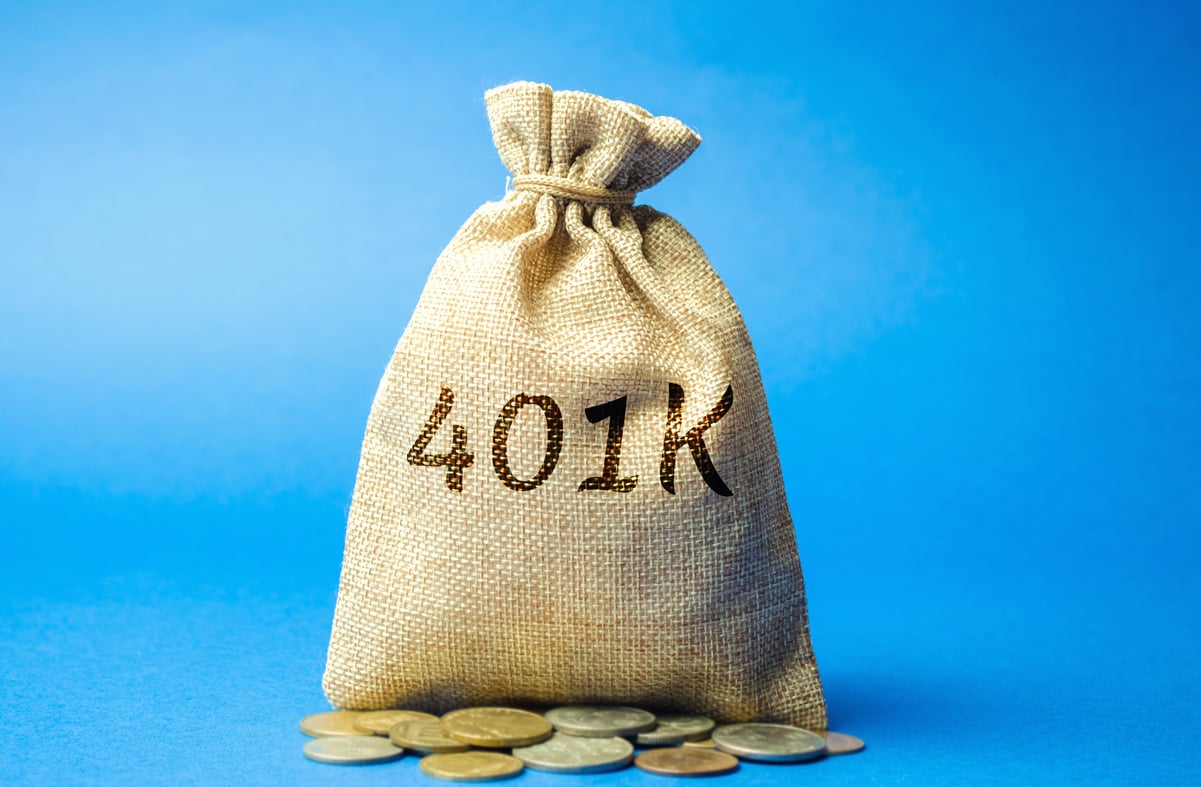Some financial mistakes are worse than others. Forgetting that coupon when you go to the grocery store, for example, might have you losing $0.75, while other blunders could cost you many thousands of dollars.
A classic mistake, made by millions of people, is not starting to save for retirement soon enough. It's a mistake so huge that it could cost you $301,479 -- or more. Here's a closer look at what it could cost you.

Image source: Getty Images.
Millions haven't saved enough
First, a little reassurance -- no matter how far behind you are in your savings, there's a good chance that many others are in even worse shape. Here's how much those nearing retirement have socked away:
|
Amount Saved for Retirement |
Workers, Aged 55+ |
|---|---|
|
Less than $1,000 |
19% |
|
$1,000 to $9,999 |
6% |
|
$10,000 to $24,999 |
3% |
|
$25,000 to $49,999 |
7% |
|
$50,000 to $99,999 |
8% |
|
$100,000 to $249,999 |
19% |
|
$250,000 or more |
38% |
Source: 2018 Retirement Confidence Survey.
The table is a bit misleading, though, because even $250,000 isn't going to serve most of us very well in retirement. Consider that the flawed (but still useful) 4% rule suggests withdrawing 4% of your nest egg in your first year of retirement and adjusting withdrawals for inflation thereafter. Taking out 4% of a $250,000 nest egg would get you just $10,000 -- or $833 per month.
What you can gain -- or lose
Now that the scene is set, here's a look at how much you can save -- or lose -- in your retirement account. Check out the table below:
|
Growing at 8% for |
$10,000 Invested Annually |
$15,000 Invested Annually |
$20,000 Invested Annually |
|---|---|---|---|
|
5 years |
$63,359 |
$95,039 |
$126,718 |
|
10 years |
$156,455 |
$234,683 |
$312,910 |
|
15 years |
$293,243 |
$439,865 |
$586,486 |
|
20 years |
$494,229 |
$741,344 |
$988,458 |
|
25 years |
$789,544 |
$1,184,316 |
$1,579,088 |
|
30 years |
$1,223,459 |
$1,835,189 |
$2,446,918 |
Calculations by author.
Imagine that you (perhaps in cooperation with your spouse) can sock away $15,000 annually. If you're about 15 years from retirement, you could end up with about $439,865 in 15 years. That's pretty good, right? Applying the 4% rule, that would get you about $17,600 in your first year of retirement -- about $1,466 monthly.
Still -- what if you had started socking money away earlier? If you'd been able to invest that $15,000 for 20 years instead of 15, you might have amassed $741,344 -- fully $301,479 more!
Of course, the numbers for you will be somewhat different, depending on your age now, when you hope to retire, how much you've saved already, and how much you can sock away. No matter what your situation, though, you can probably make it better.
You might save more aggressively, for example, or move long-term savings into a low-fee broad-market index fund instead of settling for low-interest certificates of deposit (CDs). Such moves can help you amass more before retiring. (Remember, too, that you can and should keep investing in retirement, as much of your money will still have a long time in which to grow -- retirements often last decades, after all.)
Retirements are, ideally, a time when you can relax and do things that you've long wanted to do. Take some steps now, and you can make your retirement better and more financially secure.





